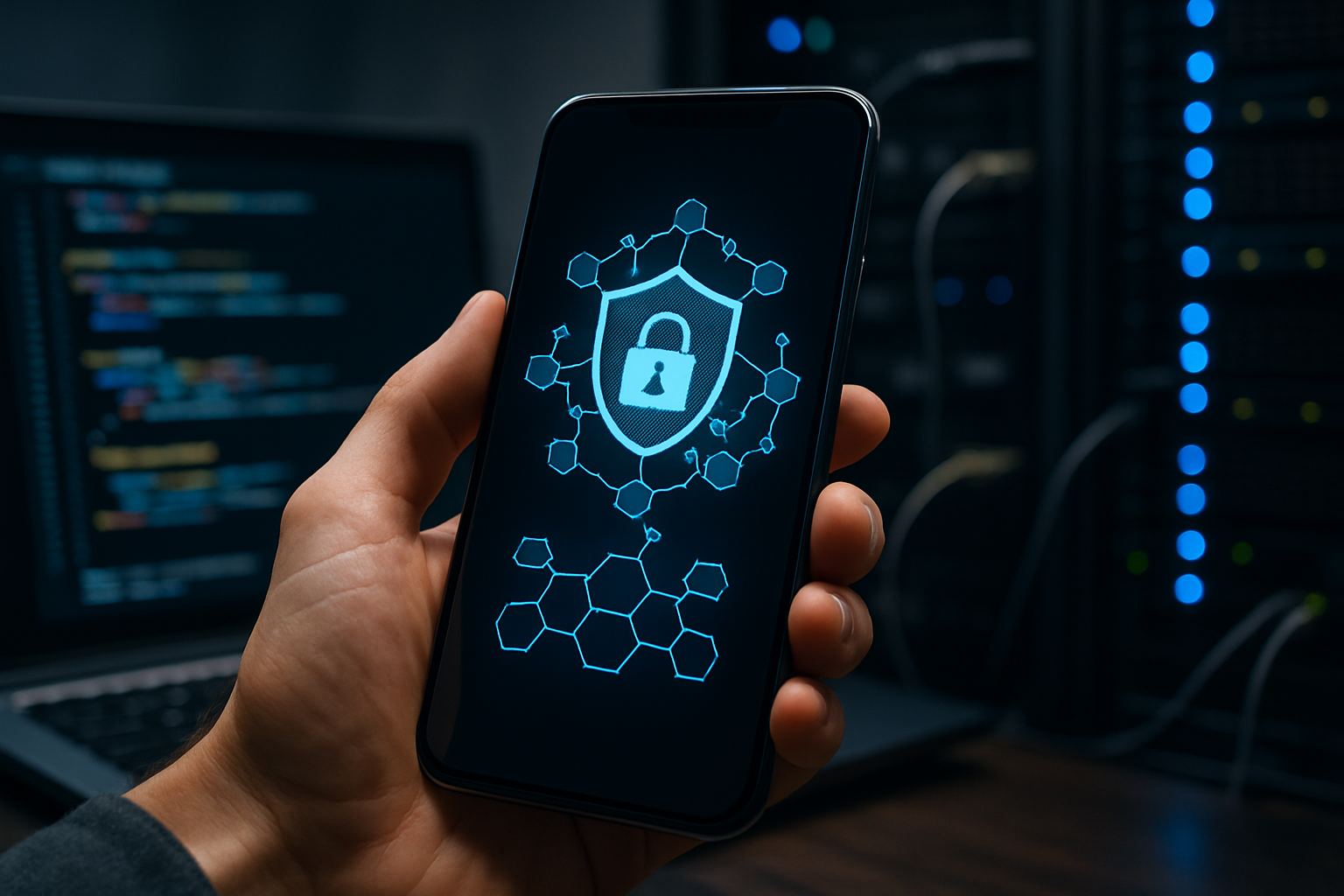Understanding How VPN Technology Works for Security
Virtual Private Networks (VPNs) have become increasingly important tools for maintaining online security and privacy. These services create encrypted connections between devices and remote servers, offering users enhanced protection against various digital threats. This article explores the inner workings of VPN technology and its role in safeguarding online activities.

How do VPNs create secure connections?
VPNs establish secure connections by creating an encrypted tunnel between a user’s device and a remote server operated by the VPN provider. This process involves several key steps:
-
When a user connects to a VPN, their device initiates a request to the VPN server.
-
The VPN client and server authenticate each other to ensure a legitimate connection.
-
Once authenticated, an encrypted tunnel is established between the device and the server.
-
All internet traffic from the user’s device is then routed through this encrypted tunnel.
This encrypted connection ensures that data transmitted between the user’s device and the VPN server remains protected from potential eavesdroppers or malicious actors on the network.
What is the role of encryption in VPN security?
Encryption plays a crucial role in the security provided by VPNs. It involves converting data into a coded form that can only be deciphered with the correct encryption key. VPNs typically use advanced encryption protocols such as:
-
AES (Advanced Encryption Standard): A symmetric encryption algorithm widely considered to be highly secure.
-
OpenVPN: An open-source protocol that uses SSL/TLS for key exchange and can operate over UDP or TCP.
-
IKEv2 (Internet Key Exchange version 2): A protocol that provides fast, secure key exchanges and is particularly useful for mobile devices.
These encryption methods ensure that even if an attacker intercepts the data being transmitted, they cannot decipher its contents without the encryption key.
How do VPNs protect online privacy?
VPNs protect online privacy through several mechanisms:
-
IP address masking: When connected to a VPN, a user’s real IP address is replaced with that of the VPN server, making it difficult for websites and online services to determine the user’s actual location.
-
No-logs policies: Many VPN providers implement strict no-logs policies, meaning they do not keep records of user activities or connections.
-
DNS leak protection: VPNs can prevent DNS requests from leaking outside the encrypted tunnel, further protecting user privacy.
-
Kill switch: This feature automatically disconnects a device from the internet if the VPN connection drops, preventing accidental exposure of the user’s real IP address.
By combining these features, VPNs significantly enhance user privacy and make it more challenging for third parties to track online activities.
How do VPNs bypass geographic restrictions?
VPNs can circumvent geographic restrictions by allowing users to connect to servers in different locations around the world. This capability works as follows:
-
A user selects a server location in a country where the desired content is accessible.
-
The VPN routes the user’s internet traffic through that server.
-
Websites and online services see the IP address of the VPN server rather than the user’s real location.
-
This allows users to access content that may be restricted in their physical location.
It’s important to note that while VPNs can bypass geographic restrictions, users should be aware of and comply with applicable laws and terms of service for the content they access.
How do VPNs enhance public Wi-Fi security?
Public Wi-Fi networks are notoriously insecure, often lacking proper encryption and authentication measures. VPNs significantly improve security when using these networks by:
-
Encrypting all data transmitted over the public network, protecting it from potential eavesdroppers.
-
Preventing man-in-the-middle attacks by ensuring data is routed through a secure, encrypted tunnel.
-
Masking the user’s IP address and online activities from other users on the same network.
-
Providing a layer of protection against malicious hotspots designed to steal user data.
By using a VPN on public Wi-Fi, users can significantly reduce the risks associated with connecting to these potentially unsafe networks.
VPN technology offers a powerful set of tools for enhancing online security and privacy. By creating secure connections, employing strong encryption, protecting user privacy, bypassing geographic restrictions, and improving public Wi-Fi security, VPNs have become essential for many internet users seeking to safeguard their digital lives. As online threats continue to evolve, understanding and utilizing VPN technology will remain crucial for maintaining a secure online presence.




